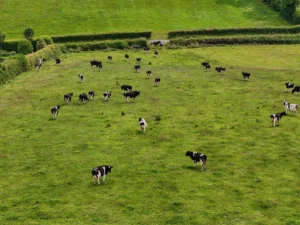
Cattle, greenhouse gases and the case for better methane metrics
Why the global warming potential of methane emissions from cattle production needs a closer look
Jay Waldvogel has spent more than 25 years in the global dairy industry, but even in retirement, his passion for progress hasn’t faded. In this recent podcast with World Without Cows filmmakers Michelle Michael and Brandon Whitworth, Jay reflected on the complexities of dairy farming, the importance of storytelling in agriculture, the urgency of finding sustainable solutions, and why a world without cows is a concept that needs to be explored — not as an agenda, but as a way to reframe the conversation.
Jay retired in 2024 from Dairy Farmers of America, where he most recently served as senior vice president of strategy and international development. He is a featured expert in the World Without Cows documentary, which examines cultural, economic, nutritional and environmental impact of cows around the world — and the possible repercussions of their absence.
Subscribe and listen to the World Without Cows Podcast on Spotify and Apple Podcasts.
Click here to see the first episode of the World Without Cows podcast, featuring Justin Sherrard
For too long, agriculture has been on the defensive, Jay says. Critics often focus on the environmental and ethical challenges of livestock farming, and while these concerns deserve attention, they can often overshadow the bigger picture: the essential role of cows in food security, nutrition and rural economies.
“When you look at dairy holistically, the positives far outweigh the negatives,” Jay explains. “But we need to have conversations that address both sides.”
The dairy industry has all the facts, science and data to support its case, but it has struggled to connect the dots into a compelling narrative, Jay says. That’s where World Without Cows steps in. By exploring the hypothetical removal of cows from our world, the documentary forces a deeper conversation: What would we lose? What would change? What unintended consequences would arise?
“It’s always in the middle,” Jay says. “Nobody’s suggesting extremes, but the extremes force you to think differently about what that middle could be.”
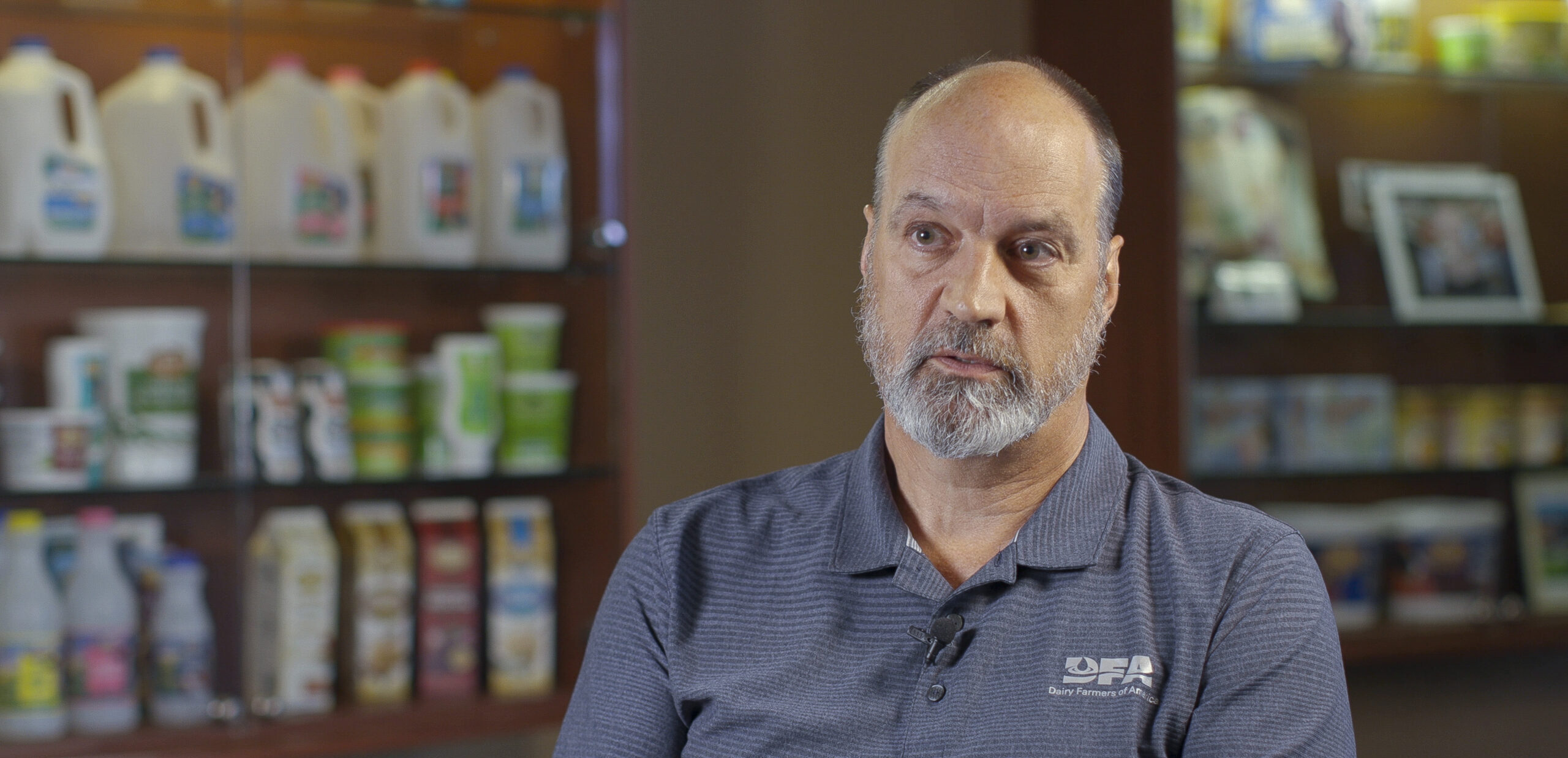
One of the documentary’s greatest strengths is its ability to bring people to the table. Instead of pushing a solution, it creates a platform for discussion. In today’s polarized world, where people often entrench themselves in their own perspectives, meaningful dialogue is rare — but necessary.
Jay has long believed in the value of inviting outside voices, even those critical of agriculture, into the conversation. “You can never get too comfortable in your own belief,” he says. “The best advice on how to evolve and improve often comes from those who look in from the outside.”
This approach is particularly important in addressing the misinformation that plagues discussions about agriculture.
“We’ve kind of lost what is fact, what is science, what is truth,” Jay says. “Everybody is entitled to their own opinion, but you’re not entitled to your own facts
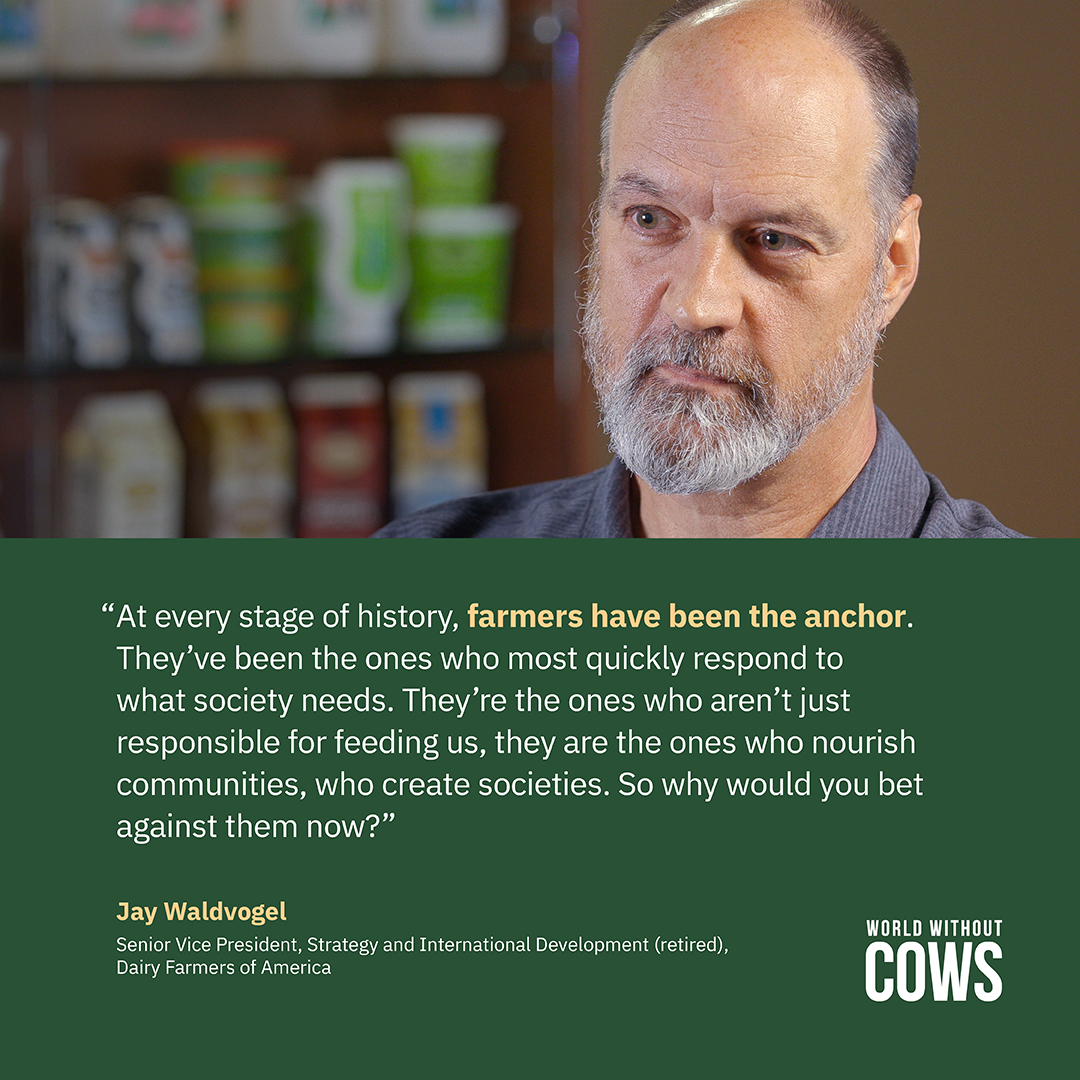
The challenges facing agriculture aren’t abstract — they are real, they’re urgent, and they require tangible solutions. Jay’s work with Dairy Nourishes Africa (DNA), for example, highlights one path forward: improving dairy production efficiency in developing regions. (DNA is an initiative led by the Global Dairy Platform that aims to help create inclusive and resilient food systems across the continent.)
The problem isn’t just about emissions or land use — it’s about food security. In places like Tanzania, dairy has the potential to transform livelihoods, providing nutrition and economic stability. But to make that happen, farmers need more than just cows — they need education, market access and infrastructure. DNA works to create a sustainable dairy value chain, collaborating with organizations like the Gates Foundation and local groups to provide resources, training and policy support.
“How do you go from incremental improvement in small pilots to fundamentally transforming food systems?” Jay asks.
The answer lies in building systems that are economically viable, environmentally sustainable and socially impactful.
Jay also emphasizes the dairy industry’s efforts to reduce its environmental footprint. He points to initiatives like Pathways to Dairy Net Zero, which provides tools and resources to help farmers progress toward net-zero emissions. In developed markets like the U.S., he believes achieving net zero is possible, though it will require significant effort and investment.
“All the tools are there,” he says. “It’s hard work, but it’s doable.”
In developing markets, the challenge is even greater. Yet, even small improvements — like better animal husbandry practices — can have a significant impact.
“Something as simple as making a cow more comfortable can increase milk production,” Jay explains.

The numbers are daunting. By 2050, Africa alone will account for 25% of the global population. Feeding the world will require producing as much food in the next 30 to 40 years as we have in the past 10,000 years combined, according to Jack Bobo, food futurist and executive director of the UCLA Rothman Family Institute for Food Studies, who is also featured in the documentary.
Yet, Jay remains hopeful.
“This isn’t impossible,” he insists. “We have the resources, the knowledge and the commitment. The missing piece is simply aligning those efforts and taking action.”
The path forward isn’t about choosing between agriculture and the environment — it’s about recognizing that the two must coexist. By reframing the conversation and moving beyond rhetoric toward practical, scalable solutions, we can create a future where dairy farming is both sustainable and essential.
As Jay puts it, “We need to get busy and stick with it. The stakes are too high to do otherwise.”
World Without Cows is a feature-length documentary that explores the complexity behind a seemingly simple question: “Are we better off in a world without cows?”
Through interviews with farmers, ranchers, scientists and others on the front lines of agriculture and science, award-winning journalists Michelle Michael and Brandon Whitworth take viewers on a global journey to deepen their understanding of everything cows contribute and what the world might look like without them.
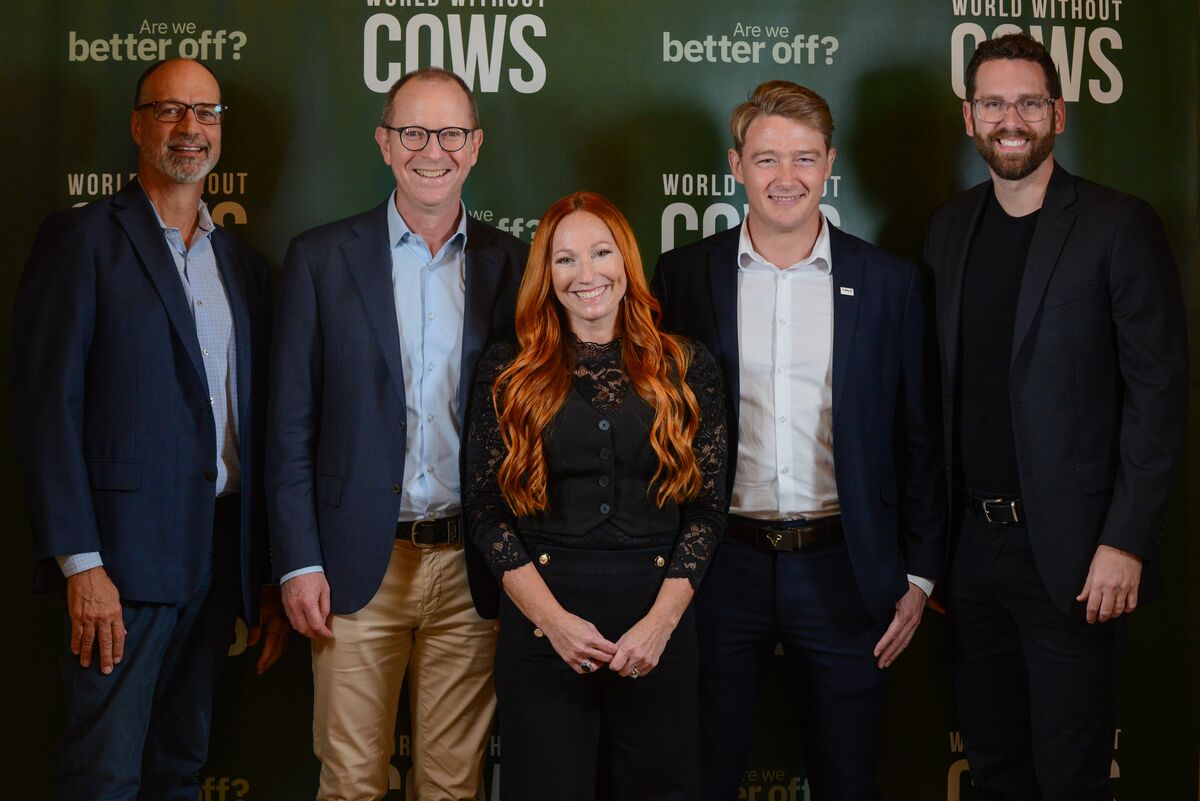

Why the global warming potential of methane emissions from cattle production needs a closer look
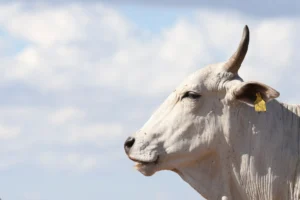
At COP30, the world’s eyes are on Brazil, and the cattle ranchers leading a global transformation.
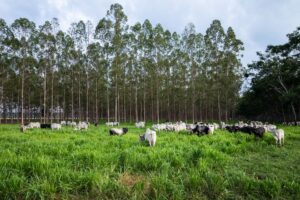
Restoring 40 million hectares of pasture could feed billions and ease pressure on the Amazon. Is the world paying attention?
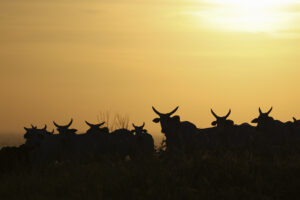
New mini-doc explores deforestation, food security and the Brazilian cattle sector’s path to a more sustainable future
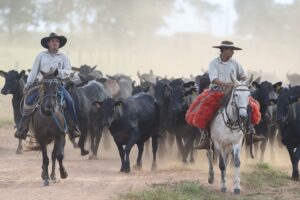
Mention Brazilian beef, and you’re likely to spark discussion about familiar themes: deforestation, emissions and blame. What do we find when we dig deeper? Here are the answers to five top questions about Brazil’s role in protecting the Amazon and feeding the world.
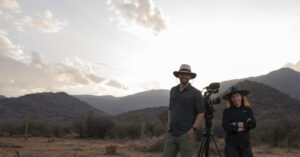
From science to the big screen: Discover how a single question grew into a global journey.
As climate change intensifies and the world’s population continues to grow, the pressure on our global food production system mounts. You can play an active role in shaping a more sustainable planet for future generations. Fill out the form below to learn more about how you can partner with us.
Receive notifications about the release date, new online content and how you can get involved